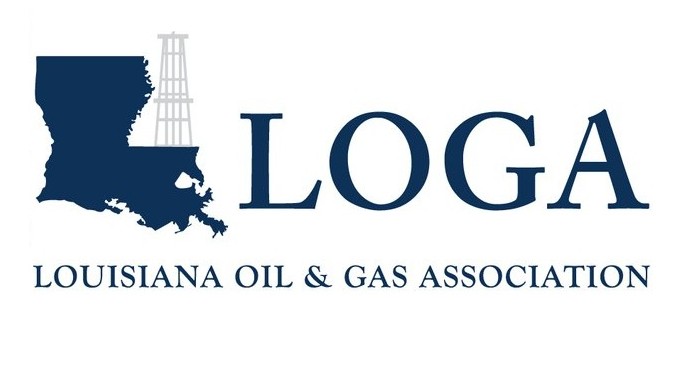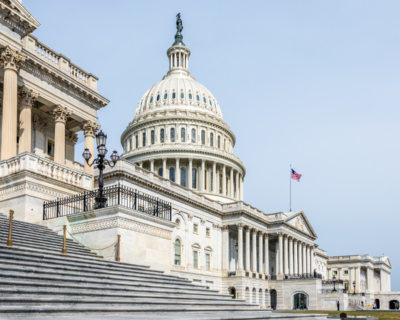
Guest Commentary: BP Awarded First Gulf Permit to Drill Since Deepwater Horizon Incident
First permit for BP since moratorium
NEW ORLEANS, La. – Earlier this week, the federal Bureau of Safety and Environmental Enforcement (BSEE) awarded BP its first deepwater drilling permit in the Gulf of Mexico since the Deepwater Horizon accident. The long-awaited permit gives BP the green light to begin drilling a 6,034-foot exploratory well off the coast of Louisiana in BP’s prolific Kaskida Field.
Earlier this month, the Interior Department restructured the federal regulatory agency responsible for oversight of the development of U.S. ocean energy resources. The Bureau of Ocean Energy Management, Regulation and Enforcement (BOEMRE) was replaced with three new agencies: the BSEE, the Bureau of Ocean Energy Management (BOEM), and the Office of Natural Resources Revenue (ONRR).
BSEE Director Michael Bromwich offered positive comments on the issuance of the permit by stating, “BP has met all of the enhanced safety requirements that we have implemented and applied consistently over the past year. In addition, BP has adhered to voluntary standards that go beyond the agency’s regulatory requirements.” Bromwich also noted that the permit approval occurred after thorough well design, blowout preventer, and containment capability reviews.
The permit serves as an encouraging step forward in BP’s return to the Gulf. However, some politicians in Washington have expressed anger over the government’s decision. Rep. Ed Markey (D-Mass), ranking Democrat on the House Natural Resources Committee, voiced his opinion by claiming that BP didn’t deserve the permit because it has not paid enough in fines and claims.
A permit to drill should be awarded if a company can successfully meet the new safety requirements established by BSEE. BP has gone above the required safety standards through utilizing new backup emergency equipment and adding an additional set of shear rams to future blowout preventers. In the case of BP’s permit, federal regulators vetted the application to drill the Kaskida exploratory well for over ten months. On top of this, BP has also spent a significant amount of money in response to the oil spill.
Kenneth Feinberg, administrator of BP’s restitution fund, reported that BP paid approximately $5.5 billion to more than 213,000 victims and over $7 billion in other spill-related costs. A portion of those dollars were spent reimbursing more than $700 million for federal and state government costs, as required by the 1990 Oil Pollution Act. Individual and business cleanup expense claims continue to be paid through the $20 billion trust fund established by BP.
BP’s return to work is extremely important given its status as the largest producer in the Gulf. Even with its return, the overall status of Gulf permitting is still significantly below normal levels.
GNO Inc.’s report dated October 11, 2011, found that deepwater permit issuance lags behind the monthly average held in the year prior to the oil spill. The report claims that 3.7 deepwater permits are being issued per month since August 2011. That means that deepwater permit issuance is 47% below the monthly average of 7.0 permits per month over the past three years.
Shallow-water permit issuance is also below historical averages. Since August 2011, 4.7 shallow-water permits, on average, were issued from the federal government. That number represents a 68% reduction from the historical average of 14.7 permits per month over the past three years.
Don Briggs is president of the Louisiana Oil and Gas Association.
.
.
.





